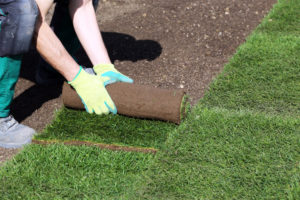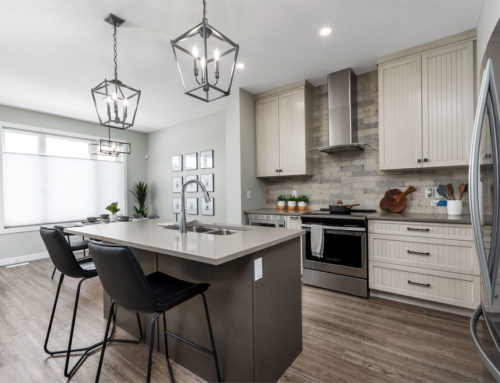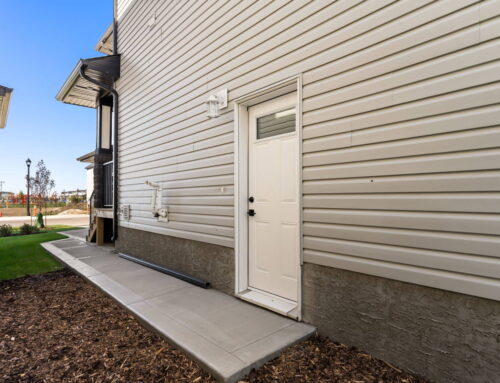When you’re thinking about whether to build a new home or move into a resale home, it can definitely seem like the less expensive home is the most financially responsible decision. Even those who are exclusively looking at new homes might dismiss some of the added expenses, thinking it’s better to put those costs off for later. After all, with lower mortgage payments, you’ll be able to keep more of your money.
However, that type of thinking doesn’t factor in the fact that many of the expenses that come with a new home can save you money over the long term.
Take a look at some of these surprisingly smart spends.
Energy Efficiency

New homes are undoubtedly more energy efficient than older ones. The latest triple-pane windows, for instance, are designed to keep your home warm in the winter and cool in the summer. In a new build, you’ll have all brand-new Furnace, Water Heater and HRV with the latest high-efficiency rating.
If you were to compare the utility bills of a comparatively sized new home with an older home, you’ll probably find that the new home has lower bills. These energy savings can save you hundreds or thousands of dollars a year.
Basement Remodels
A remodelled basement gives you plenty of extra living space in your home. Sure, it’s often possible to remodel a basement in the future, but wrapping up the cost of the finished basement into the new home price is often the most cost-effective way to get what you want. If finished basements appeal to you, it’s wise to talk to the builder about how to make it affordable within the initial build.
Landscaping

Landscaping is an important part of the new build process since the land around a newly built home will look like a construction zone. You may want to avoid the expense by just having a landscaper put grass in the yard, but keeping a lawn looking nice requires a lot of water and frequent mowing.
Instead, you might consider paying a bit more upfront for extra landscaping work. Tell the builder you’re interested in designs that don’t require a lot of upkeep or watering, and you’ll be grateful when the summer hits. Rather than working in the yard (or paying someone else to do it), you can be spending time with your family.
Upgrades
As you make choices about the design of your home, you’ll find that many things come with a small additional expense. It’s tempting to avoid some of these costs, but that’s not always in your best interest.
For instance, adding blinds to the windows may be an extra cost, but they can help you save energy by reflecting the sun’s rays in the summer, keeping your home cooler. In a lot of cases, good builders offer special promotions on these types of upgrades and you should always think about taking advantage of these offers.
Warranty
 Perhaps the biggest advantage of purchasing a brand new home is that you’ll get warranties on a lot of the materials. Side-by-side a new home and a resale home might have the same square footage and similar layouts, with the resale home having a lower price tag. At first glance, that looks like a good deal. However, the resale home isn’t going to come with warranties.
Perhaps the biggest advantage of purchasing a brand new home is that you’ll get warranties on a lot of the materials. Side-by-side a new home and a resale home might have the same square footage and similar layouts, with the resale home having a lower price tag. At first glance, that looks like a good deal. However, the resale home isn’t going to come with warranties.
If the furnace breaks next winter, you’ll have to replace it yourself. If the roof leaks, you might be paying for the cost of extensive damage repairs and a new roof. While a home inspection can help you understand what might “go wrong” with the resale home, inspections sometimes miss things and can’t necessarily determine what you might need to repair over the next five or 10 years. With the new home, though, you can feel confident you won’t have to make major repairs for a long time.
It’s important to think about your family’s budget no matter what type of home you purchase, but you also need to think about long-term costs. In many cases, paying a bit more upfront saves you money down the road.




